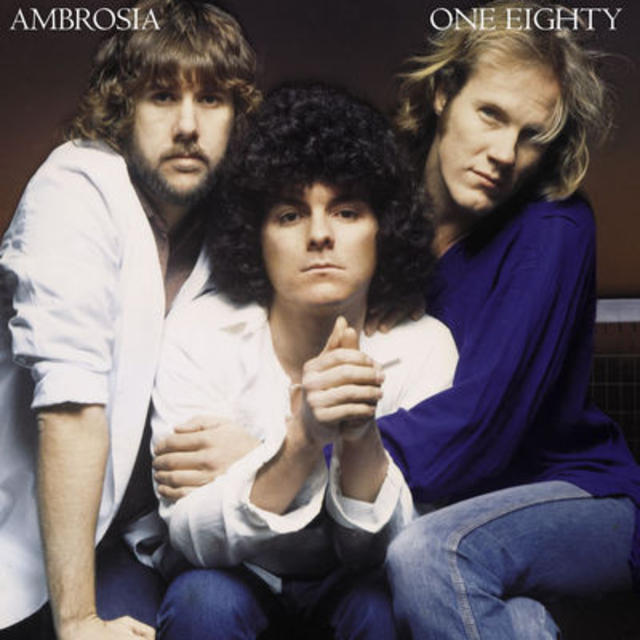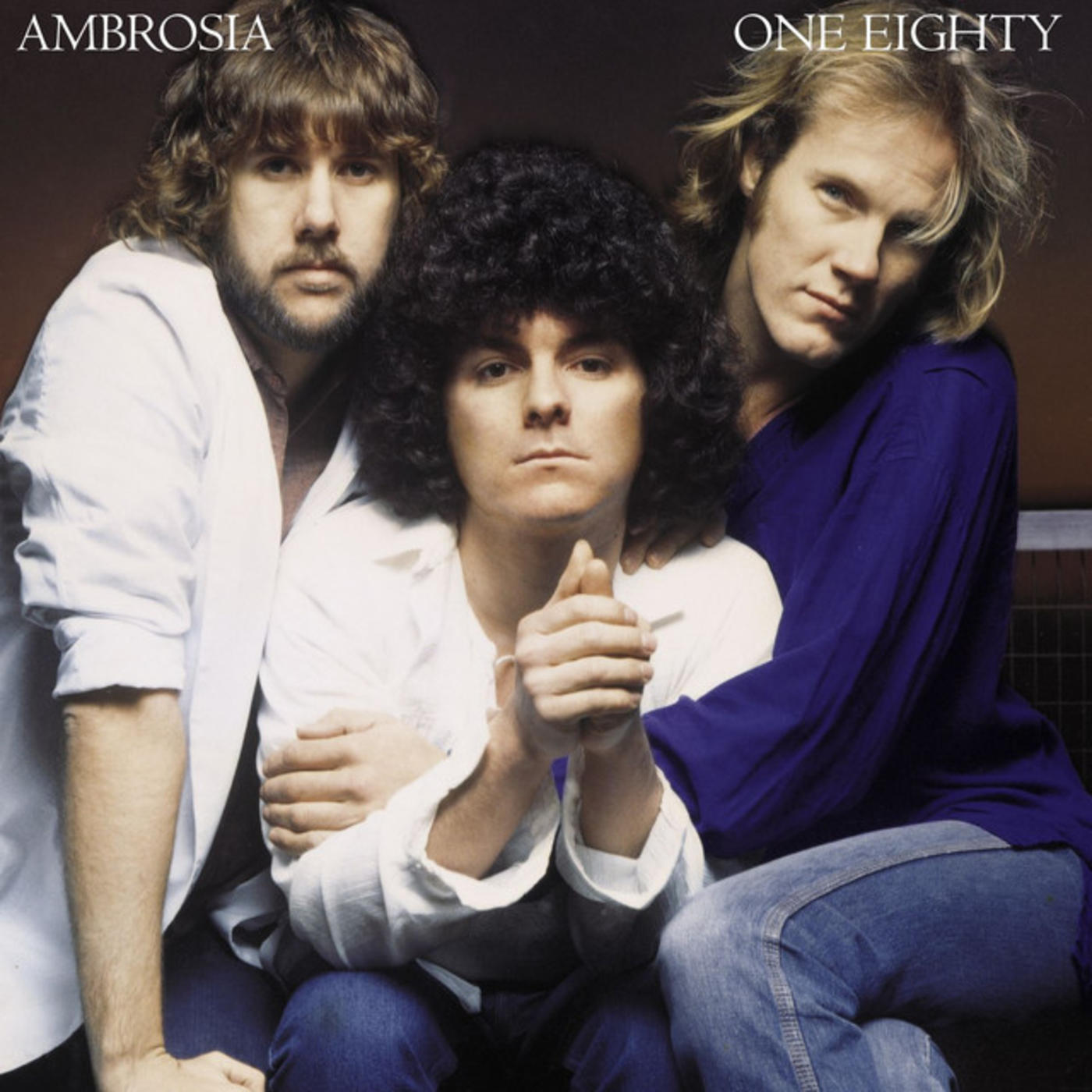The One after the Big One: Ambrosia, ONE EIGHTY

The level of musicianship in Ambrosia was such that the band garnered a reputation as one that could "play anything," from the thorniest progressive rock composition to the lightest of love ballads; from classical night at the Hollywood Bowl to a three-set Friday at an L.A. club. This came in handy as the '70s wore on and their four-part harmonies impacted radio, resulting in hit singles that were placed on albums next to more complex rock songs. LIFE BEYOND L.A. (1978), the band's only Top 20 album, yielded a Top Three hit in "How Much I Feel," but also featured artsier fare that positioned Ambrosia as something like an American 10cc, a British band that similarly spiked progressive albums with the occasional pop hit.
Ambrosia followed LIFE BEYOND L.A. with 1980's ONE EIGHTY, which leaned more toward their accessible, radio-ready side, yielding two more big singles in "Biggest Part of Me" and "You're the Only Woman," both featuring guitarist David Pack on lead vocals. Pack's voice was a thing of soulful beauty, similar in timbre to that of the Doobie Brothers' Michael McDonald; like McDonald, Pack could also move in and out of falsetto with ease. The songs fit nicely on AM and FM playlists next to the Doobies' hits, resulting in Ambrosia becoming more or less ubiquitous on the radio throughout the first year of the new decade.
The deep cuts on ONE EIGHTY offer further proof of the band's versatility and their ability to take a place alongside any number of commercial rock artists of the time. "Shape I'm In" would have sounded at home on Journey's EVOLUTION or DEPARTURE albums, thanks to its guitar-heavy instrumentation and the high, emotive tenor of touring percussionist Royce Jones, who takes the lead vocal. "Rock N' a Hard Place" could be mistaken for a Kansas track, as bassist Joe Puerta's voice very closely resembles Steve Walsh's, and the structure of the song is strikingly similar to some of that band's best-known cuts. "Livin' on My Own" is so slick, it could have only been made in southern California, and might easily have been confused with a Toto track, had it ever been released to radio.
This is not to say ONE EIGHTY is a derivative record; rather, Ambrosia could simply do whatever it wanted musically (remember, they could "play anything"), and was quite successful at creating accessible, radio-friendly songs. They were the right band at the right moment, and, even three-plus decades later, ONE EIGHTY still has plenty of pleasures to reveal to those willing to give it another spin.

